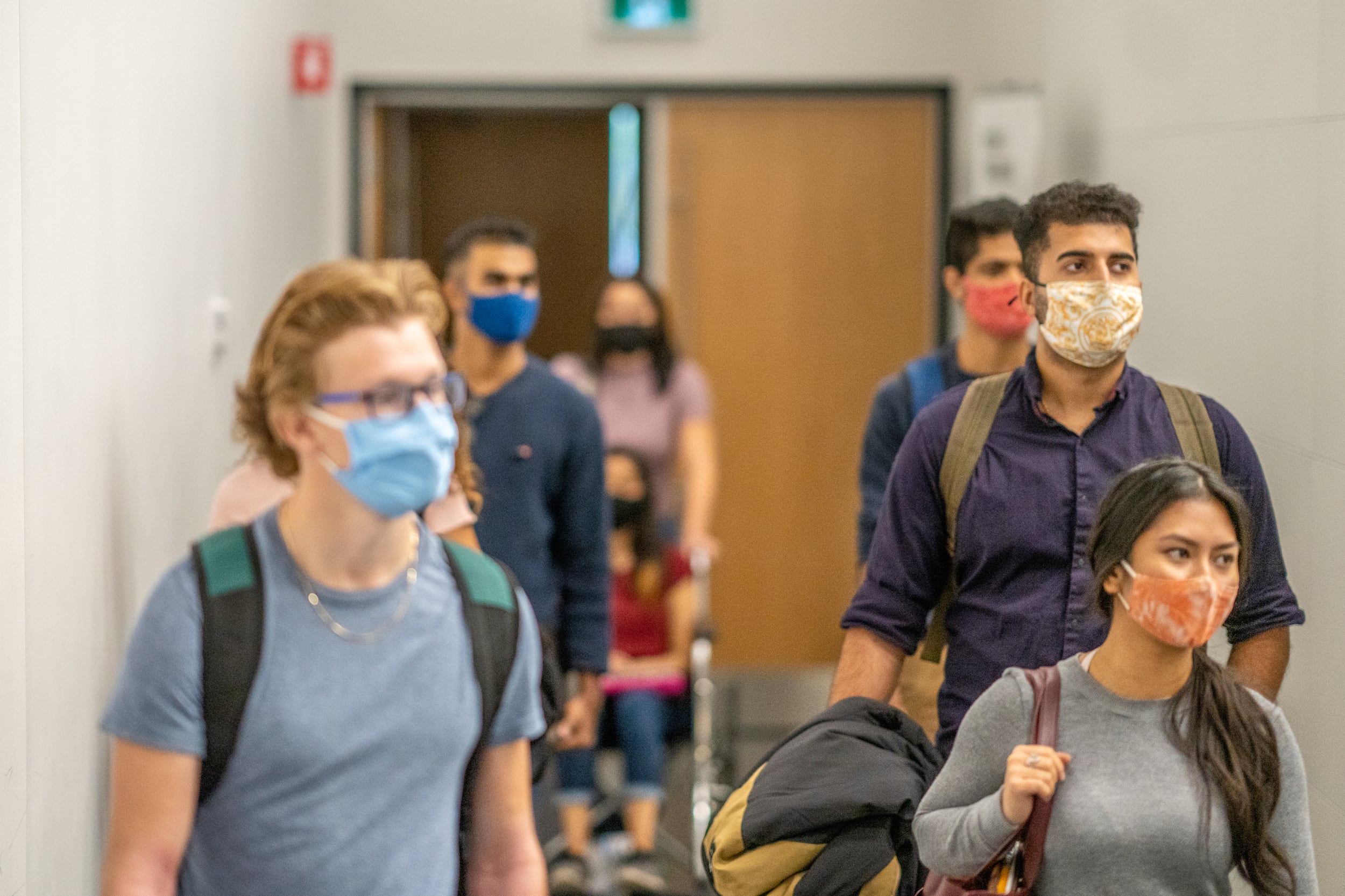Over 13,000 Colorado residents have earned more than 70 college credits at four-year state universities in the past five years but stopped short of a degree, according to the Colorado Department of Higher Education.
Now, a new Colorado law lets universities award those students with an associate’s degree.
Giving students with some college an associate’s degree won’t drastically enhance their potential earnings or change why students dropped out in the first place. But the program could open up new pathways for universities to bring those students back to finish their bachelor’s degrees.
Colorado is believed to be one the first to put into place a statewide law like this.
The state also set aside $51 million to help those students complete their degrees. To be eligible to receive a portion of that money, universities must develop a plan to attract and engage students.
Kim Poast, the state higher education department’s chief student success and academic affairs officer, said she views the associate’s degree strategy as a way to re-engage students, noting: “What we hope happens is this will give that student some additional incentive to keep going.”
So far, four universities have shown interest in developing the associate’s degree program, she said.
The state will pair the associate’s degree program with federal financial aid and a task force dedicated to getting back students who left college.
Poast said students who stop going to college do so for numerous reasons, including finances, family responsibilities, or other life circumstances. The pandemic has exacerbated those hardships.
Students who stop going to a four-year college may leave with substantial debt but no degree to show for their work. That’s less likely among those who attended a two-year college. The state allows students who went to a four-year college after attending a community college to be awarded an associate’s degree for their work.
But for those who studied at a four-year college and dropped out, “You can’t just transfer [those credits] back into a community college,” Poast said. “It goes nowhere. And so this provides an opportunity for the four-year institution to tailor an associate’s degree that has some meaning for those students.”
State Rep. Julie McCluskie, a Dillon Democrat who sponsored the legislation, said supportive lawmakers were looking for as many ways as possible to get students of all ages back to college and give those who earned credits something to show for their efforts.
“To me, this is a win-win,” she said.
But Tania LaViolet, who works at the Aspen Institute leading a program that promotes opportunities for low- and middle-income college students, said the program is unlikely to change the economic situation of students significantly. However, that could depend greatly on the labor market.
The U.S. Bureau of Labor Statistics shows that those with some college earn $877 a week on average, compared to $938 for those who earn an associate’s degree — a difference of about $61 a week. Comparatively, graduates with a bachelor’s degree earn about $1,305 a week.
But LaViolet praised the new efforts to help students fund their degrees.
“That kind of financial aid, evidence shows that that makes a difference in solving a challenge that students are experiencing,” LaViolet said. “The financial gaps that they have prevents them from completing their degrees because they’ve got to work. Sometimes they’ve got families to support.”






